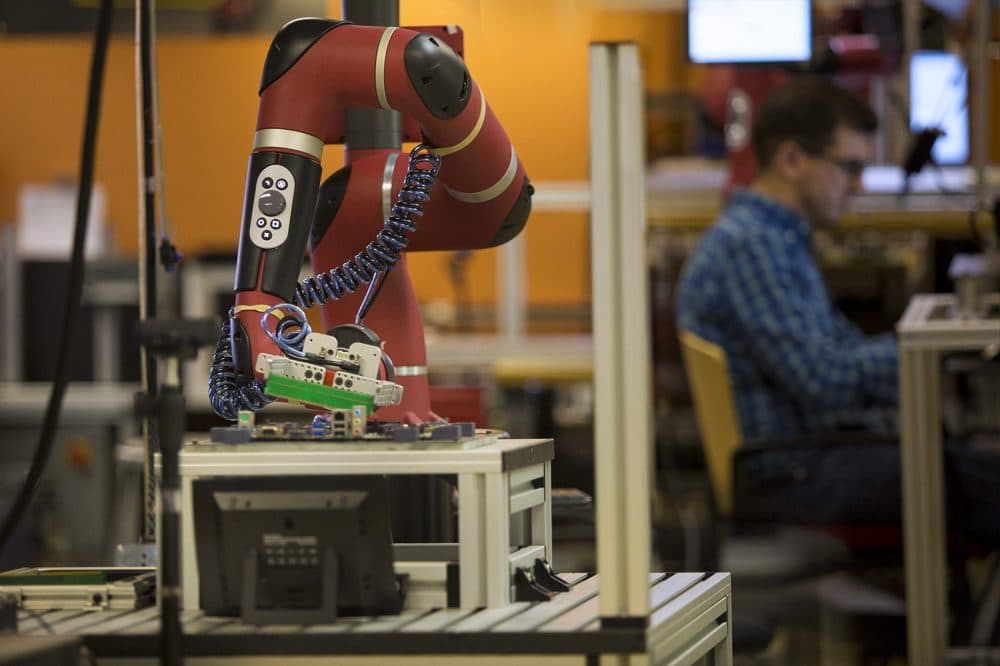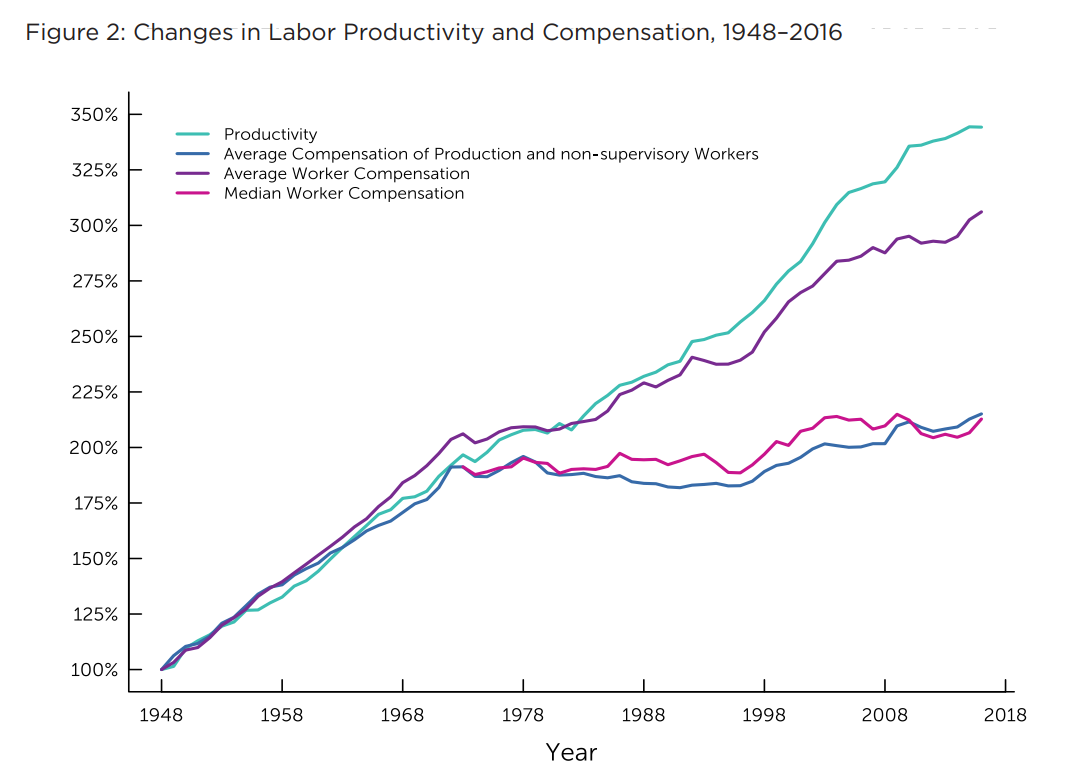Advertisement
Robots Won't Take Away All Our Jobs, MIT Report Finds

The robots are coming, but not necessarily for your job.
The likelihood that robots, automation and artificial intelligence (AI) will completely wipe out large swaths of the workforce is exaggerated, a new MIT report finds.
The report, from MIT's "Work of the Future" task force, examines the relationship between technology and work, drawing on research from more than 20 faculty members.
There's no doubt technology will impact jobs, but researchers say there is a larger concern when it comes to the future of work: Increasing inequality. And the impact of that inequality has given workers legitimate concerns about the role of technology in the future.
"Clearly, workers in general have not benefited from the technological progress we've experienced in this country nor the productivity growth we've experienced," said Liz Reynolds, executive director of the Work of the Future task force.
Technology has led to more productivity over the last 40 years, but that hasn't translated into shared prosperity for workers, according to the report. From 1973 to 2016, labor productivity rose by 75%, but workers' compensation only rose by 12%, the report found. And the stagnant earnings hit people of color particularly hard.

Technology has contributed to "employment polarization" by making highly educated workers more productive and less educated workers easier to replace, according to the report. The displacement of middle-skill workers who perform routine tasks such as sales and administrative support are another major area of concern.
But technology isn't the only factor in this polarization. Trade, tax policies and the weakening of collective bargaining have also contributed to inequality, Reynolds said.
Researchers found that a critical challenge for the future is not necessarily a lack of jobs, but the low quality of jobs. For example, according to the report, 92% of Americans born in 1940 earned more money than their parents, but only about half of people born in 1980 can say the same when adjusted for inflation.
"If we don't shift this trajectory currently, then we really think that we're going to end up in a worse situation economically," Reynolds said.
To that end, the report recommends more skills training, particularly for workers without college degrees. The report points to community colleges, apprenticeship programs and online education as important focus areas for such training investments.
The report also recommends tax incentives for companies that invest in workers. For example, companies that provide on-the-job training or education for employees could earn a tax credit, Reynolds said.
Another recommendation is to give workers more weight as stakeholders in companies, and increasing opportunities for "cooperative bargaining" between workers and employers.
The U.S. should also focus on becoming leaders in technology by investing heavily in AI, machine learning and robotics, the report said. This is an area where China has already made great strides.
The report represents the initial findings of MIT's "Work of the Future" task force. The group is expected to release a final report by the end of 2020.
